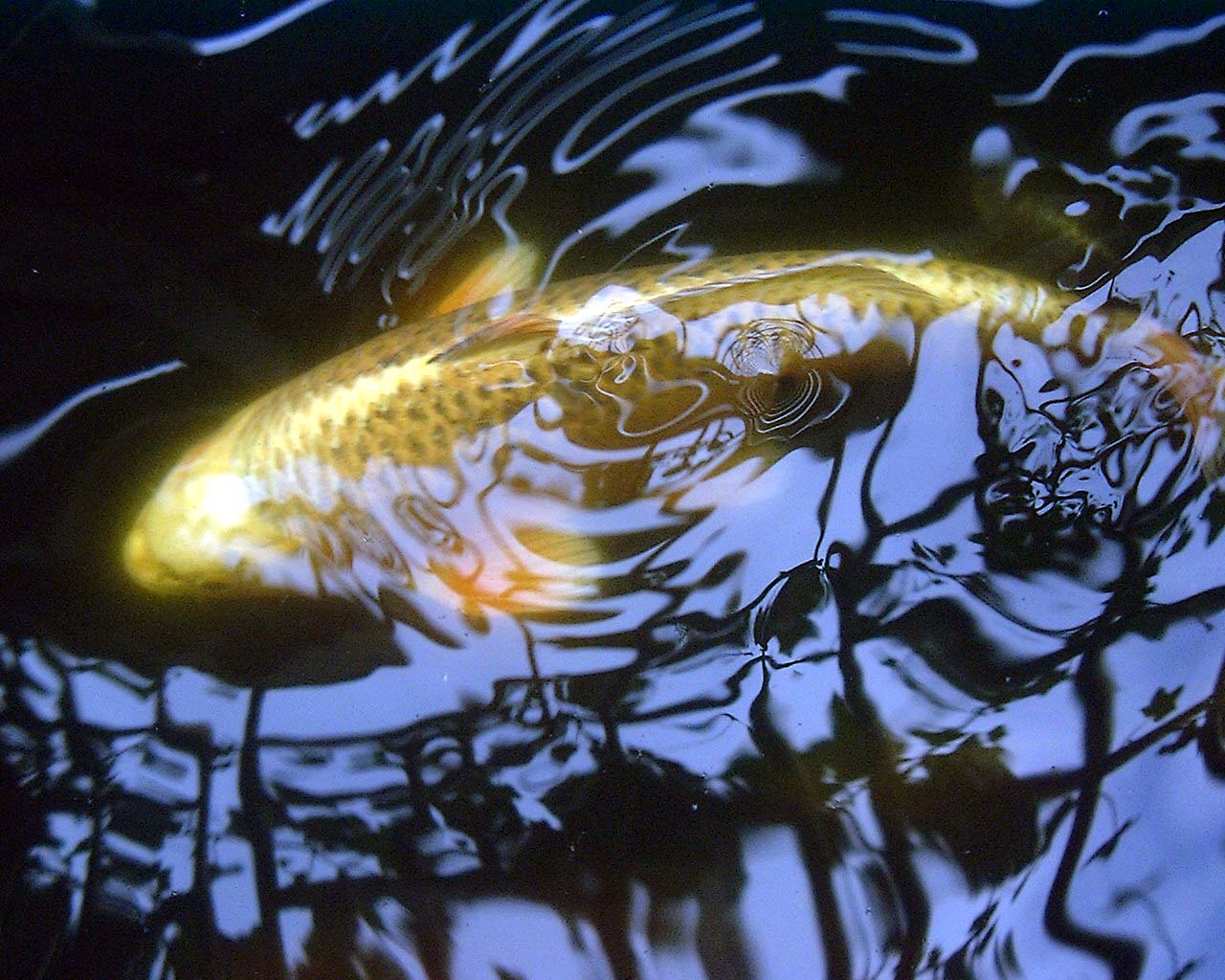Dolphin therapists ousted by robot doubles
Seriously. We're not making this up

Were the sardine bills too high? Or is it just another ploy by our soon-to-be mechanised overlords to enslave a whole new generation of human children?
Whatever the reason, the writing is on the swimming pool wall for the dolphins that work with special needs children in the interactive splash-fest known as Dolphin Human Therapy (DHT).
A company called Animal-assisted & Creative Therapies (ACT) today announced plans to open a new nine-acre facility in Florida that will use animatronic dolphins in place of live mammals to help children with developmental issues. It will also feature miniature horses, parent training and 'therapy dogs'.
So long and thanks for all the psychotherapy
The new Therapeutic Animatronic Dolphin (TAD) will apparently "mimic the reinforcing effects of a live dolphin's interaction with patients", by squeaking and moving slightly.
The $40,000 (£25,000) robot dolphin was built by special effects artists Animal Makers, who have developed life-like animals for films that include Ace Ventura and Pirates of the Caribbean.
"I believe this is the first therapy program in the world to use an animatronic animal to produce measurable improvements in special needs children and adults with disabilities such as autism, cerebral palsy, Down syndrome, and other diagnoses," said ACT owner Dr David Nathanson, who ran a therapy centre using live dolphins for 12 years, before it shut in 2006.
Get daily insight, inspiration and deals in your inbox
Sign up for breaking news, reviews, opinion, top tech deals, and more.
Watch where you put that flipper
DHT was never recognised as a legitimate therapy by animal rights organisations such as PETA. It quotes Lori Marino, a dolphin and whale researcher from Emory University, who observes that "injury is a very real possibility when you place a child in a tank with a 180kg wild animal that may be traumatised from being captured."
Dr Nathanson admits: "Safety and practicality limits therapy to children above three years of age when using real dolphins. With TAD, there are no age restrictions." Just common sense restrictions, perhaps.
Whether you or not you buy into the therapeutic power of cetaceans, it's well worth checking out the ACT's gushing website at www.iactcenter.com, which includes a link to a video of kids enjoying splashing about in a sunny swimming pool with lots of attention from adults and a cool robotic dolphin. Who'd ever have thought that?